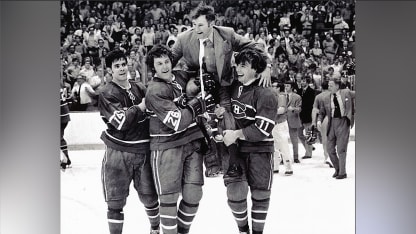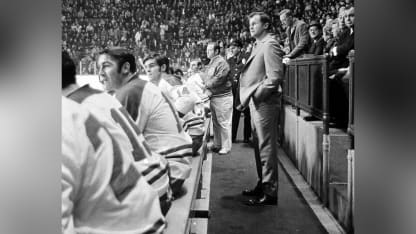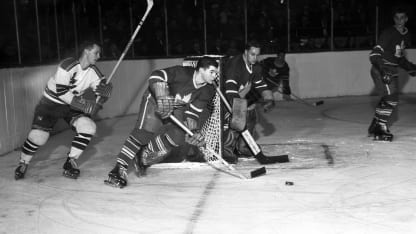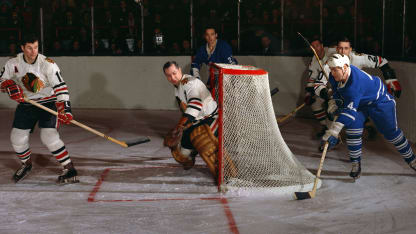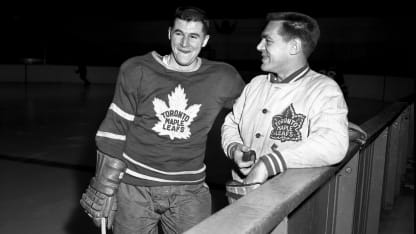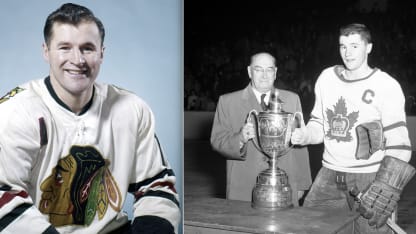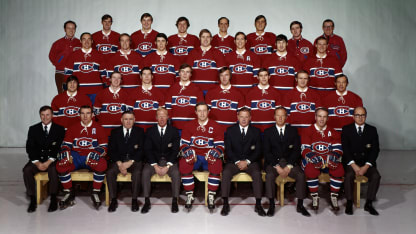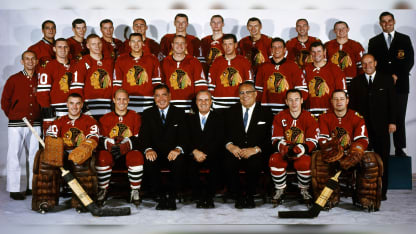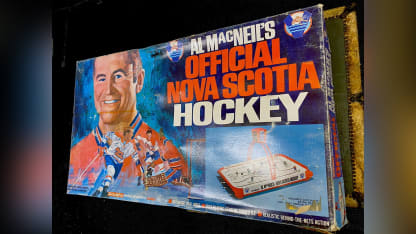Al MacNeil, who rode turbulent waves to coach the Montreal Canadiens to the 1971 Stanley Cup championship in a great upset, died Sunday surrounded by family in a Calgary hospital.
He was 89.
The first native of Atlantic Canada to coach an NHL team, the product of Sydney, Nova Scotia, made his way to coaching following a 524-game playing career from 1956-68, beginning with the Toronto Maple Leafs and continuing with the Canadiens, Chicago Black Hawks, New York Rangers and Pittsburgh Penguins.
MacNeil never won the Stanley Cup as a player, but his name was tapped into the trophy four times, 1971 with the Canadiens; in 1978 and 1979 with Montreal as director of player personnel; and finally with the Calgary Flames as assistant general manager in 1989.
"For the last 70 years, Al MacNeil's impact on our game has been profound, both on and off the ice," NHL Commissioner Gary Bettman said in a statement. "First as a player, then as a coach, and finally as an executive, Al was the consummate professional who conducted himself with humility and grace.
